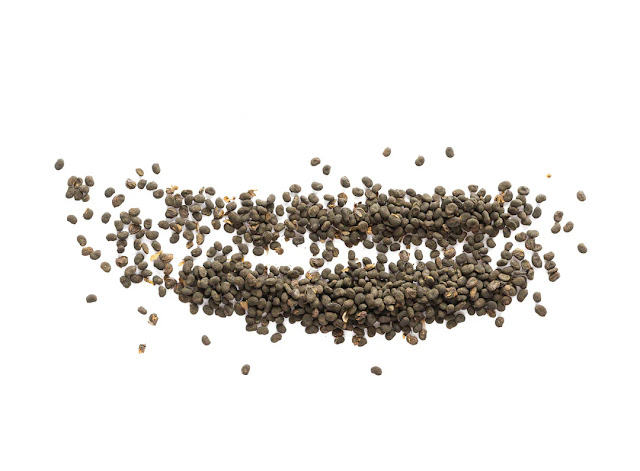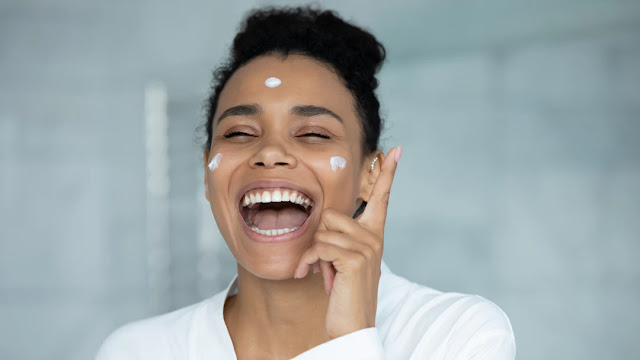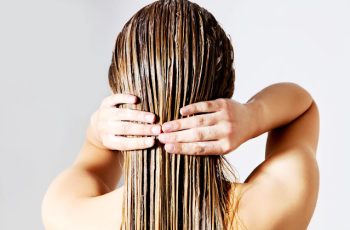Bakuchiol is a powerful antioxidant that can help with a variety of skin issues. It has long been used in traditional Chinese medicine and is finding its way into Western skincare, but what exactly is this mysterious ingredient? And what benefits can we expect from it? Today we’re going to explore Bakuchiol and hopefully learn more.

What is Bakuchiol made of?
Found in the seeds and leaves of the Psoralea corylifolia plant, Bakuchiol is widely used in traditional Indian and Chinese medicine for its antioxidant, anti-inflammatory, and antimicrobial properties to treat a variety of ailments, especially those related to skin problems.
Although Bakuchiol may seem to have only recently risen to popularity as a popular ingredient in skincare, there has been a plethora of scientific studies since 2014 that prove it is a highly effective and safe alternative to retinol.
What does Bakuchiol do for the skin?
Numerous studies have shown that Bakuchiol is just as effective for reducing fine lines and wrinkles. It is also less irritating than other products. It is also a powerful antioxidant that protects the skin and its natural barrier from environmental impacts such as the sun, pollution, climate, and other skin stressors.
A full list of skin benefits you’ll find when using Bakuchiol:
Helps fight uneven skin tone
May help reduce signs of aging like fine lines and wrinkles
Can speed up skin cell regeneration for radiant, younger-looking skin
Contains anti-inflammatory properties
Contains anti-acne properties
Helps restore firmness by boosting collagen production in the skin
Improves skin texture for a smoother complexion
Helps soothe skin, a good choice for those with sensitive skin
This lesser-known ingredient in the beauty industry packs some impressive punch. Since it’s often compared to retinol, it’s great for those who find retinoids too strong for their skin and often irritate it. Bakuchiol now gives you the chance to get the same skin benefits without causing a skin reaction.
How to Use Bakuchiol Oil?
To use Bakuchiol Oil, you’ll also want to use a “carrier oil” like coconut oil to make it more pliable and easier to move around your face so it can get deeper into the skin and penetrate into the sub-epidermal layers.
Take a few drops of Bakuchiol oil (as many as you need)
Add an equal amount of coconut oil and stir well
Apply to target areas 4-5 times a day
You’ll also find Bakuchiol is also available in serum form, which can be used after thoroughly cleansing your skin and before applying moisturizer. The formula and way Bakuchiol is made doesn’t differ much, but the benefits to the skin are just as effective.
Unlike retinol, which needs to be slowly introduced into your skincare routine to give your skin enough time to build up tolerance to the concentrate, Bakuchiol is safe and gentle to use. You’ll also find that certain ingredients that don’t work well with retinol will have little or no effect on the effectiveness of Bakuchiol.
How long does it take for Bakuchiol to work?
With regular, frequent use in your skincare routine, you’ll see results in about 12 weeks. Use twice daily to restore elasticity, wrinkles, and hyperpigmentation for a smoother, firmer, more radiant complexion.
Can Bakuchiol be used during the day?
Unlike retinol, which loses its effectiveness when exposed to UV rays, bakuchiol can be used during the day due to the anti-inflammatory properties of its formula. It is still recommended to use SPF 30 or higher to ensure that damage is not caused by excessive sun exposure.
Is bakuchiol as good as retinol?
Strictly speaking, bakuchiol and retinol are not structurally identical, but their effects on the skin are comparable to reduce fine lines, wrinkles, and other signs of aging, and they actually work well together.
When used together, there is a strong overlapping effect on the skin, resulting in each effective retinol being neutralized because of bakuchiol’s ability to stabilize vitamin A and, with its calming properties, can improve the skin’s tolerance to different strengths of retinol.
You will also find that bakuchiol is more stable in the sun, making it a great retinol alternative for all-day use. Remember to apply a broad-spectrum sunscreen of SPF 30 or higher on your skin to protect it from damage and bring the best results to your entire complexion.
Why is bakuchiol so popular right now?
This is probably because natural and vegan alternatives to other traditional ingredients are becoming more popular. In recent years, as people have become more aware of and concerned about skincare ingredients in general, they have become more mainstream and used in a variety of skincare products. More and more people are paying attention to the products they put on their faces, choosing ingredients that are highly effective and deliver results.
Here comes a strong and powerful alternative to retinol. For some people who are prone to allergies, just the word retinol can trigger a rash. But luckily, you now know a great alternative that can help you simplify your skincare routine and easily solve all your skin problems.


